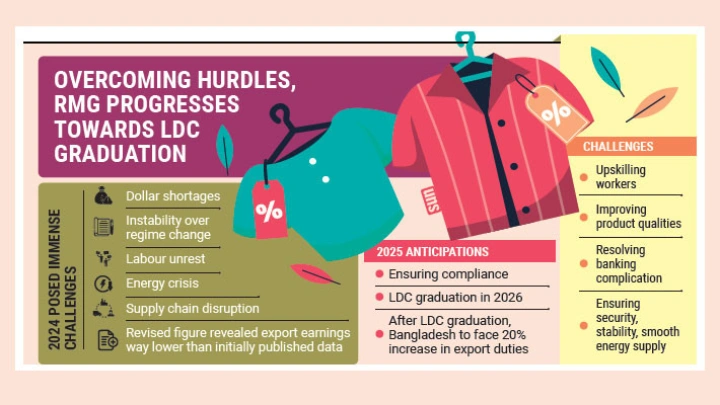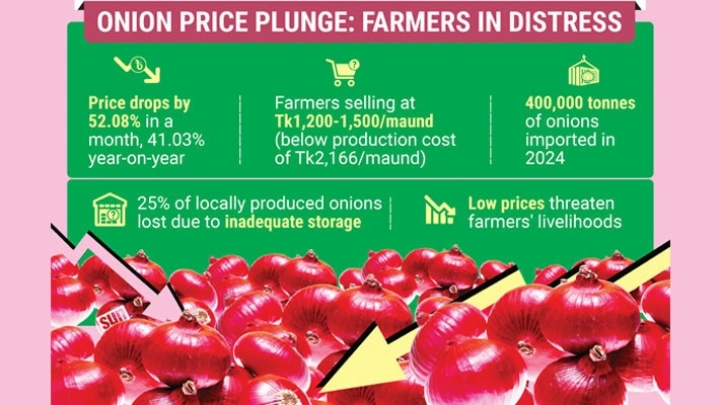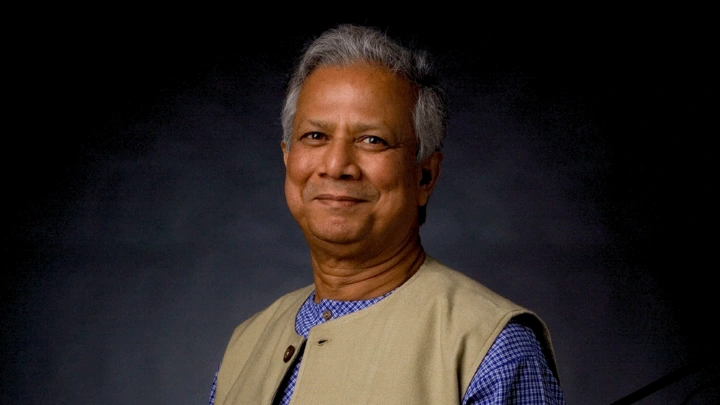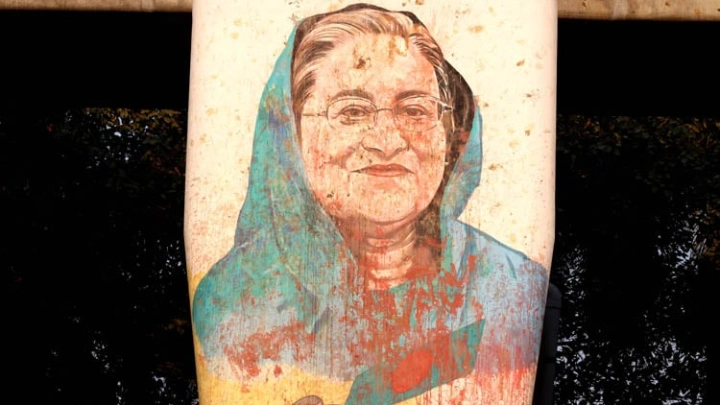How the dollar crisis is making things more challenging for international students
Shining BD Desk || Shining BD
Despite the enormous disparity in university expenses across the globe, American tuition notoriously stands out as the most expensive. Even with hefty financial aid and scholarships, being able to afford a US education is a dream only a select few in Bangladesh can achieve. However, the dream for international students just got costlier as the US Dollar rose to a record high in two decades.
At the time of writing this article, the USD to BDT exchange rate stands at USD 1 amounting to BDT 95.06 on the interbank foreign exchange platform. While many students are forced to reevaluate their decision to pursue their higher education in the Land of Opportunities, the scenario is grimmer for the ones who had already taken the leap.
"Tuition has increased significantly in terms of BDT. By the time my parents manage to burn holes in their pockets to send what they can, registration for classes already begins. I can barely get any of my major classes since they fill up very fast. I work here so I managed to save up some money, but I had to use it all to pay the remainder of my tuition, leaving me financially strapped." shared Abedur Rahman, an undergraduate student at Penn State University.
Another student studying in the US, Fahad Sabit* said, "My parents earn money in BDT, not USD. As the dollar rate rises, it is getting increasingly difficult to afford my education. With half of my degree still left, it is a major cause for concern."
The continuous rise of USD against BDT can be attributed to Bangladesh's depleting foreign reserves since the US dollar has been strengthened by the ongoing Russia-Ukraine war, rising interest rates, and growing concerns about the world economy.
The shortage of dollars in the local market has made it enormously expensive to buy the currency and the situation arose at a time when most international students would be departing for their studies – not just to the United States but in other countries too – making it extremely inconvenient and stressful for both the students and their parents.
"The exchange rate has jumped from just a year ago when I first left for Canada. I lost a total of 3.1 lakh taka this semester because of the exchange rate alone," said Farhat Hossain, a student of Simon Fraser University. "My airfare this time cost 2.4 lakh taka. At this rate, I don't know if I will be able to recover the losses with a part-time job."
Afrin Akter*, a student at Macquarie University mirrors this sentiment, "Recently my father had to send some money over to Australia from Bangladesh for my tuition fees, but due to the weird dollar rate increment, it turned out that the amount he sent was lower than he thought. So I had to make up for that difference by paying more than previously planned on my own, which put a lot of pressure on me and caused a lot of anxiety."
Design: Fatima Jahan Ena
The appreciation of the US Dollar has sent currencies depreciating all around the world and cast doubt on the future of the global economy by upending everything from the price of international travel to the success of multinational corporations.
Unfortunately, this is not a "one size fits all" type of scenario. The appreciation of the US Dollar has had diverse effects and implications on international students depending on their personal budgets, needs, economic solvency, and their sources of income. Their future plans and how they hope to earn back the amount they invest in their education also have an effect.
"By the middle of 2022, I began struggling to maintain the budget I had set for myself earlier this year after moving to the UK. My part-time job initially helped in covering up my extra expenses such as occasionally traveling and eating out, but I gradually found myself struggling to keep money aside for recreation as my grocery took up a lot of it. When the exchange rate and my tuition fees went up simultaneously, the minimum wage I was earning was not enough and this put a strain on my parents who bear the brunt of my tuition fees and have another child to support." shares Samin Sabah Islam, who is currently studying at the University of Warwick.
International students are being forced to compromise on parts of their lives they used to take for granted before moving abroad. Ohona Rahman*, a student at the University of Alberta shares, "On a personal level, the ongoing inflation has made an impact on my daily expenses like groceries, eating out, phone plans, etc. This entails sometimes having to travel greater distances just to get my shopping done, just because a certain store has slightly lower prices than the supermarket near home."
Other than the more visible strain of giving up on certain luxuries in order to afford the primary costs of living and studying abroad, international students are also suffering from great mental and emotional stress.
"My mental health has been on a downward spiral lately as I constantly have to think about how to keep up with the rising rates and this leaves me with less freedom to do the things I would like to do," laments Ramisa Mustafa, a student at York University.
While the situation seems grim with little to no possibilities of relief on the horizon, many students are still trying to find ways and make ends meet to achieve their dreams of studying abroad, even at a much higher cost.
*Names have been changed upon request for privacy
References
1. The Daily Star (August 16, 2022). Individuals buying dollar as investment.
2. Capital.com (August 24, 2022). USD/BDT forecast: Taka plumbs new depths against the dollar as the Bangladesh forex reserves crisis deepens.
Shining BD





































